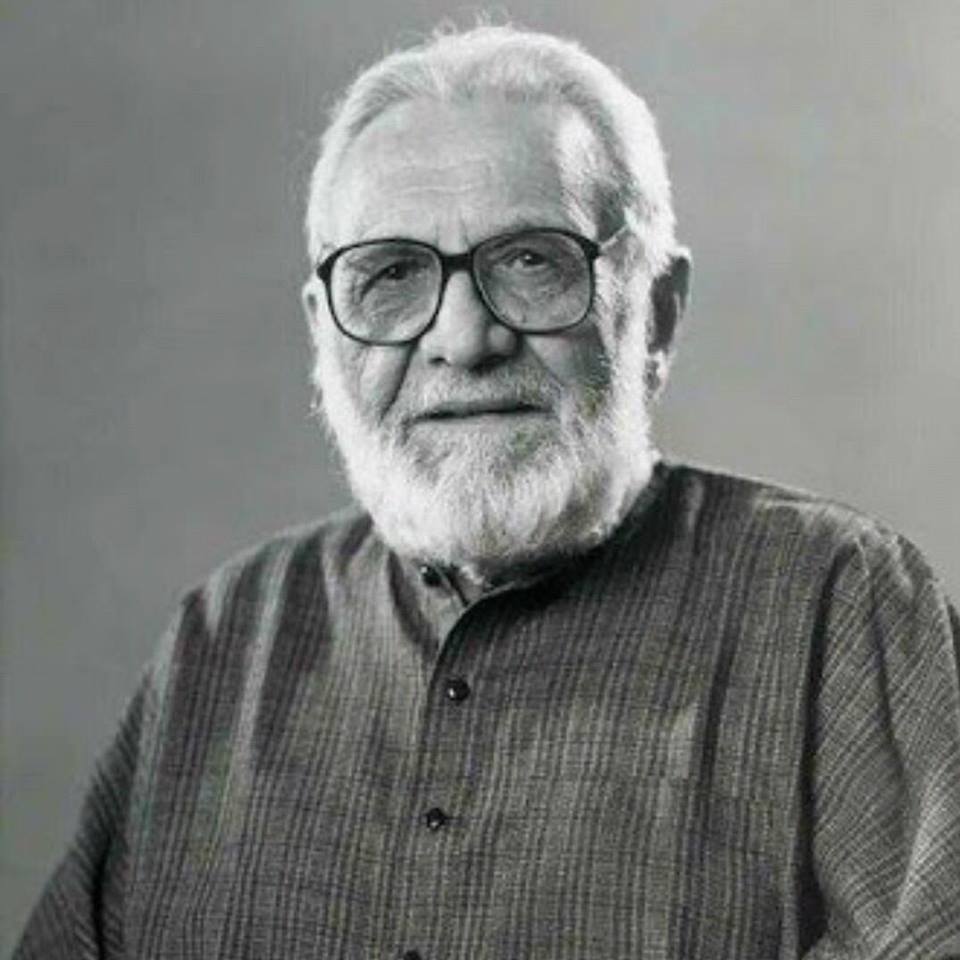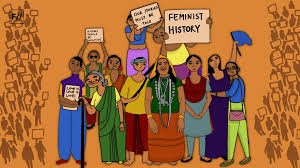Safia Ramzan
Ashfaq Ahmed (22 August 1925 – 7 September 2004) was a renowned Pakistani writer, playwright, and broadcaster who made significant contributions to Urdu literature. He was honored with the President’s Pride of Performance and Sitara-i-Imtiaz (Star of Excellence) awards for his exceptional services in the field of broadcasting and the literary heritage of Pakistan.
Born in Muktsar, Punjab, British India, on 22 August 1925, Ashfaq Ahmed belonged to the Mohmand tribe of Pashtuns. He received his early education in Muktsar before migrating to Lahore, Punjab, shortly before the partition of India in 1947. In Lahore, he completed his Master of Arts in Urdu literature from Government College, where he was classmates with Bano Qudsia, who later became his wife and literary companion.
Ashfaq Ahmed’s literary journey began in his childhood when he wrote stories for the children’s magazine, Phool (Flower). Upon returning to Pakistan from Europe, he established his own monthly literary magazine, Dastaango (Story Teller), and joined Radio Pakistan as a scriptwriter. He also served as the editor of the popular Urdu weekly, Lail-o-Nahar (Day and Night), succeeding the renowned poet Sufi Ghulam Mustafa Tabassum, appointed by the Government of Pakistan. Throughout his career, he authored over thirty books, with his short story “Gaddarya” gaining him early recognition in 1955. His commitment to Urdu literature was further demonstrated by his pivotal role in founding the Central Board for the Development of Urdu in Lahore.
In 1962, Ashfaq Ahmed initiated his radio program, Talqeen Shah (The Preacher), which elevated his popularity among the masses in towns and villages. He was appointed as the director of the Markazi Urdu Board in 1966, later renamed Urdu Science Board, a position he held for 29 years. He also served as an advisor in the Education Ministry during Zia-ul-Haq’s regime.
While writing and directing the Urdu movie “Dhoop Aur Sayay” in 1968, which was also the only Urdu production of Hakim Ali Zardari, Ashfaq Ahmed became involved in the realm of cinema. Despite its disappointing performance at the box office, he believed its content was ahead of its time, showcasing his foresight and confidence. He anticipated the Parallel cinema movement in India, a testament to his understanding of the evolving trends in the film industry.
In his later years, Ashfaq Ahmed’s interest in Sufism deepened, and his association with notable figures like Qudrat Ullah Shahab and Mumtaz Mufti reflected this inclination. He extensively engaged with his audience, particularly the youth, through programs like Baithak (The Guest Room) and Zaviya (The Angle) on PTV, where he provided insightful responses to their inquiries. On 7 September 2004, Ashfaq Ahmed passed away due to pancreatic cancer and was laid to rest in Model Town, Lahore, Pakistan. His demise was mourned across the literary circles of Pakistan, with many prominent figures acknowledging the void left by his absence.
Aside from his significant contributions to Urdu literature and broadcasting, Ashfaq Ahmed’s legacy includes radio plays such as “Talqeen Shah” (1962), television shows like “Uchhay Burj Lahore De” and “Tali Thallay,” and his famous literary work “Zavia.”
















